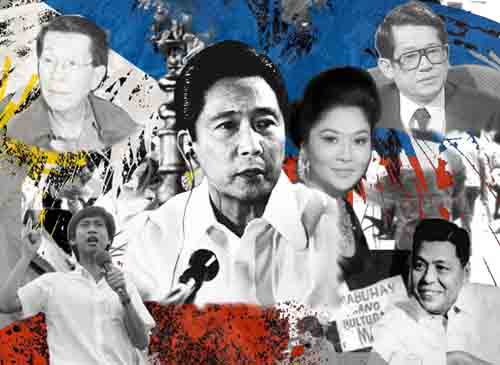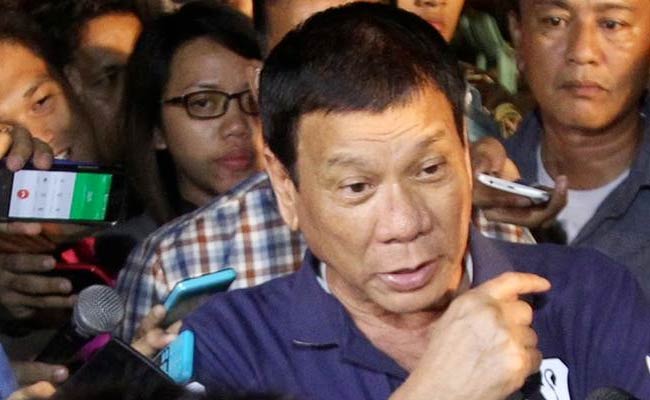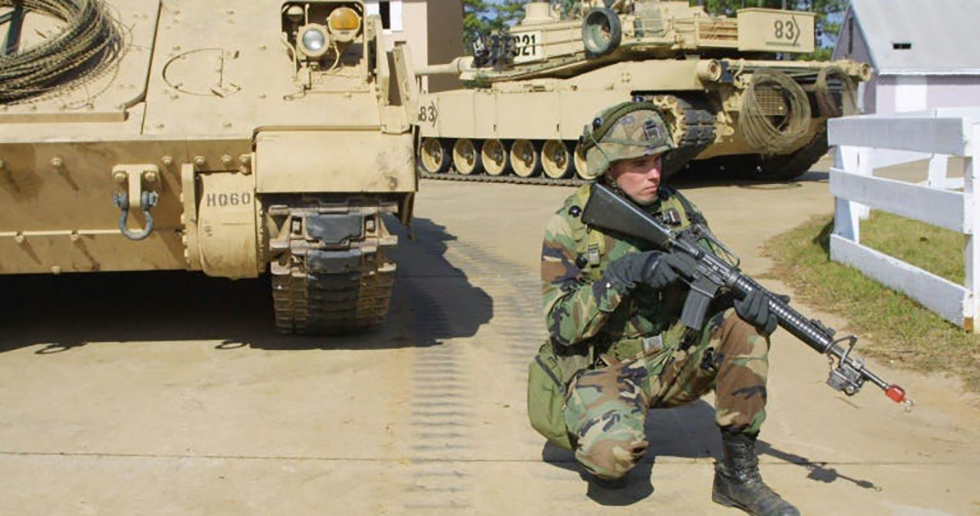

became alarmed by the way the Mormon people elected their governing officials. Tensions arose between the Utah territory and the federal government, when President James Buchanan and many highly-placed politicians in Washington D.C.
#Martial law president series#
A mob murdered Smith while he was awaiting trial, and a series of conflicts then developed, which historians later coined the Illinois Mormon War. Smith had escaped to Iowa, but police arrested him for treason against the state of Illinois for declaring military control. Smith ultimately declared martial law, which Ford then abolished. The Nauvoo courts dismissed this charge as well.
#Martial law president free#
Citizens accused Smith of attacking free speech, and the police charged Smith with inciting a riot. Smith added to the fuel that became the Illinois Mormon War when he ordered the destruction of the paper. Governor Ford declined, and a group of ex-Mormons published a paper to call out Smith for his alleged abuse of power. People in Carthage felt he was abusing his power and asked Governor Ford to use the military to take Smith into custody. With the help of members of his church, Smith escaped arrest, and he received a discharge in the Municipal Court of Nauvoo, where he served as mayor.

The Illinois Mormon War began in 1843, when the state of Missouri tried to deport Mormonism founder Joseph Smith for the alleged attempted murder of Lilburn Boggs, the state’s governor. However, in many of these martial law examples, involving the military in civilian conflicts only makes things worse. Throughout history, there have been many martial law examples that illustrate how the government responds to extreme crisis. He also declared that anyone found to interfere with the draft, discourage someone from enlisting, or aid the Confederacy subjected himself to this type of control. This then allowed the president to suspend habeas corpus across the entire U.S. Therefore, Congress later created the Habeas Corpus Suspension Act of 1863. Have a story you want USA Herald to cover? Submit a tip here and if we think it’s newsworthy, we’ll follow up on it.Some saw this suspension of habeas corpus as unconstitutional. It’s not sanctioned by law.”īanks believes that martial law would not be tolerated by top military officials in peacetime when civil institutions are working, but looking at the fact that President Trump has appointed Corey Lewandowski and David Bossie to top positions in the Pentagon begs the question of why?īossie has supported the idea of martial law and if the president has people running the Pentagon supporting it, who knows where that could lead. “One of the problems, of course, is that there’s nothing to prevent the president or a military commander from declaring martial law,” Bill Banks, a Syracuse professor with an expertise in constitutional and national security law, told Military Times. The thing about martial law is there are no guidelines to when the president or military can declare it, they just can. If the situation does not resolve itself, the President may issue an executive order to send in troops.”īut that is not martial law.

You may have noticed in the news recently that protests for and against President Trump have turned into fights bordering on riots.Ī 2006 Congressional Research Service report the president “must first issue a proclamation ordering the insurgents to disperse within a limited time, 10 U.S.C. Here is how the president could declare it. “Be it enacted by the Senate and House of Representatives of the United States of America in Congress assembled, That in all cases of insurrection, or obstruction to the laws, either of the United States, or of any individual state or territory, where it is lawful for the President of the United States to call forth the militia for the purpose of suppressing such insurrection, or of causing the laws to be duly executed, it shall be lawful for him to employ, for the same purposes, such part of the land or naval force of the United States, as shall be judged necessary, having first observed all the pre-requisites of the law in that respect,” it says. The Posse Comitatus Act passed on June 18, 1878, prevents the military from engaging in civil law enforcement, but the exception came with The Insurrection Act. “Abraham Lincoln conceded that his unilateral suspension of habeas corpus during the Civil War was constitutionally questionable, but defended it as necessary to preserve the Union.”

Bush’s programs of warrantless wiretapping and torture after the 9/11 terrorist attacks,” the Atlantic said. citizens and residents of Japanese descent during World War II and George W.


 0 kommentar(er)
0 kommentar(er)
